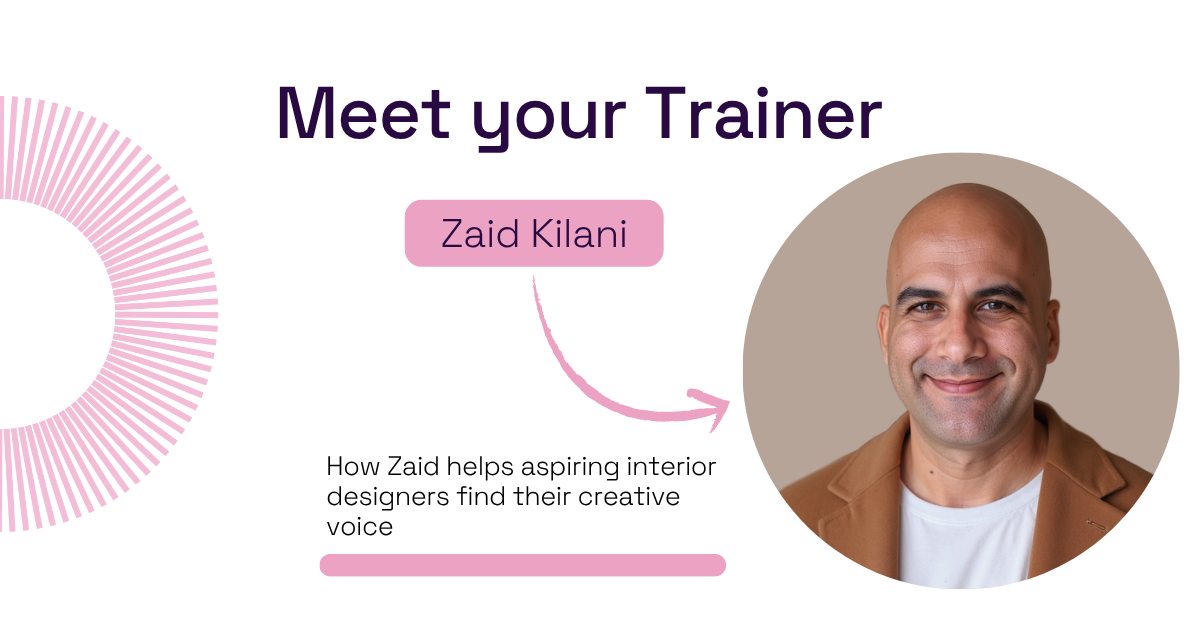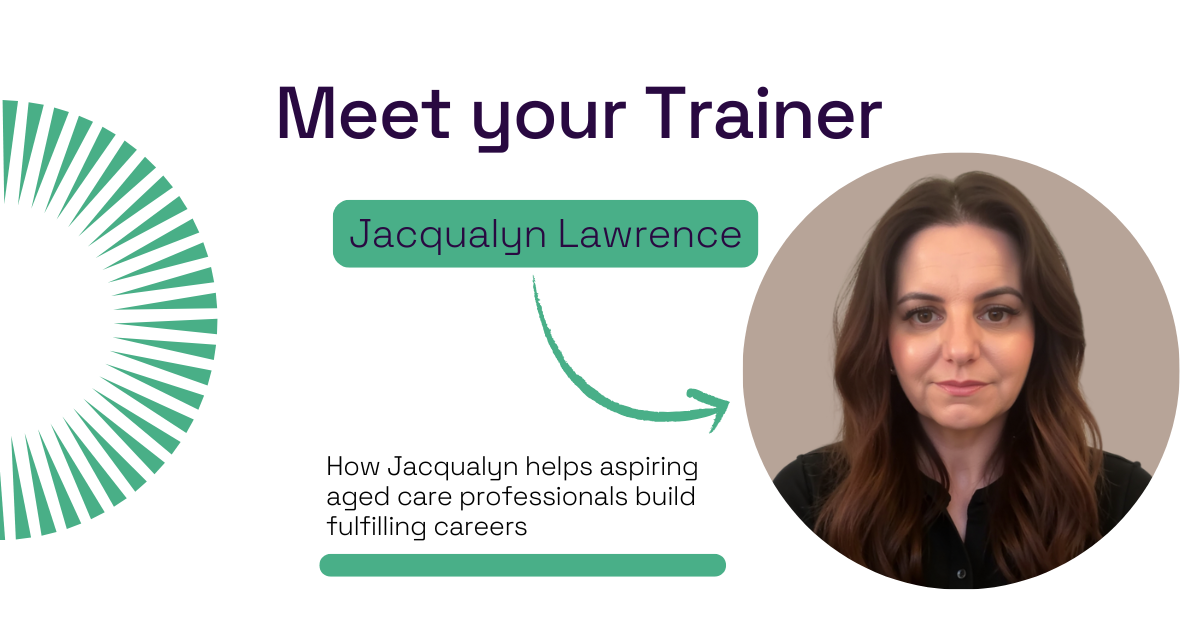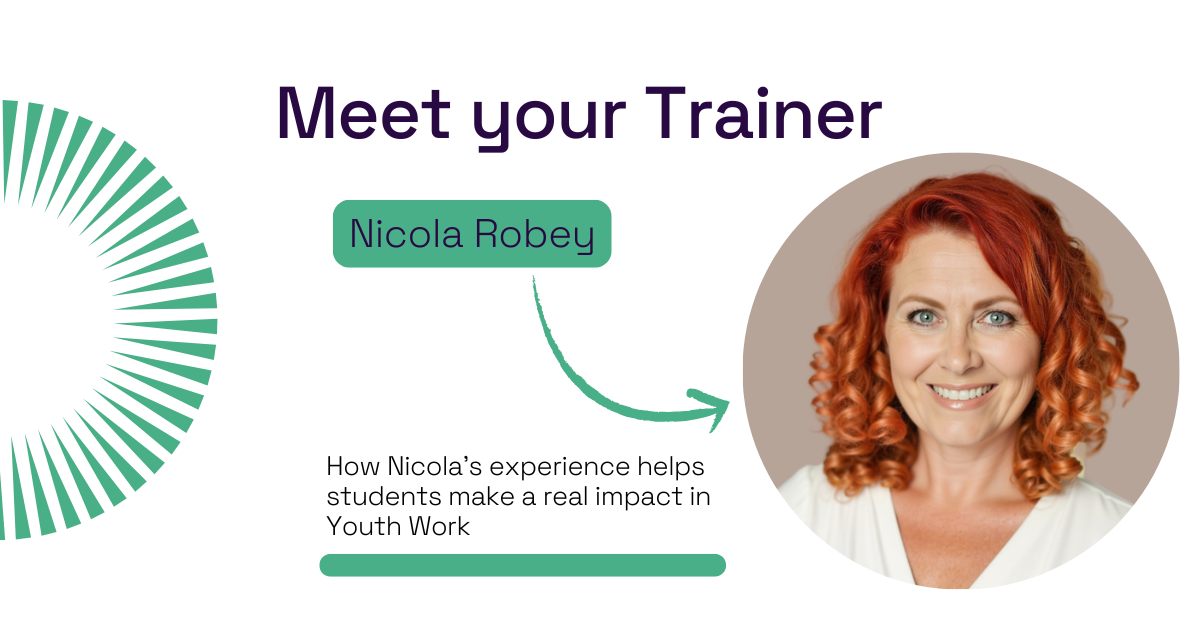Explore our collection of informative and educational blog posts to stay updated on the latest industry trends and expert advice.
10 Common Questions About Vocational Education and Training

Vocational education and training (VET) programs are an essential part of the Australian economy, and an important cornerstone of over 4 million Australians’ careers. Originally launched as a series of state-run apprenticeships and traineeships, the VET system is now fully supported by the Commonwealth and regulated under the Australian Quality Framework.
Despite their popularity, VET courses are still a mystery to some: where do you begin, and how do you choose the best provider and career path for you? What is the difference between VET and TAFE? Are there options for students in rural area as well as the cities?
Thinking of enrolling in a VET course but need more information first? We’ve got answers to some of the questions you may have. Here are ten of the most common questions asked about vocational education and training (VET) programs.
Vocational Training: An Overview
Unlike traditional university, a vocational education training program provides you with the skills you need to excel at a specific job. Whether you’re thinking of pursuing dentistry, hotel management, or communications and marketing, a VET course makes your career path that much smoother by virtue of personalized training. You get to save time by focusing only on the things that serve your career.
One recent study found that VET graduates have higher rates of employability than university graduates, and may even earn a higher salary. Some VET providers even offer extra modules or courses for graduates who don’t achieve their desired outcome within six months of entering the job market. However, as stated above, employability rates are high for students who choose to focus on practical skills that can be directly applied to a trade or occupation.
Even if you complete most of your training online, you’ll be required to participate in Structured Workplace Learning to gain the hands-on experience you need to receive your full education. Some providers also host workshops, conferences, and other events to give you more opportunities to sample your intended line of work and explore your career options.
You’ll even have support during your job search, with many VET providers supplying resources like a Careers website with comprehensive information on job opportunities, industry statistics, current employment levels, salary expectations, and more. You can also expect support going into interviews, with resources on how best to prepare.
Once you receive your nationally recognized qualification, whether it’s a Certificate I or an Advanced Diploma, you can enter your intended field with the peace of mind that you can always take another VET course here and there to keep your skills sharp. But before you take the first step in your VET journey, you may want a few questions answered about the VET system in general. We’ve got you covered with ten of the most common questions students like yourself are asking about VET.
10 Common Questions, Answered
1. What is a VET course?
Vocational Education and Training (VET) programs team up with industry and government to offer people workplace skills and technical knowledge that can advance their careers and help them prepare for the future. Unlike traditional tertiary programs, VET courses provide students with practical, occupation-based qualifications that lead directly to job opportunities in their field of choice.
To complete a course, you simply enroll through a VET provider such as Open Colleges, wait for a confirmation email with learning platform login details, and begin studying at your own pace. All course materials—workbooks, reading, interactive lessons, quizzes, videos—are accessible online. There are no semesters like in a traditional university course; instead, courses are divided into learning modules and assessments, and can be completed any time before your course expiry date.
The VET sector has been an important part of the Australian economy and education system for over a hundred years. Millions of Australians have completed their training and achieved their career ambitions through the VET system. Students want to learn online for the flexibility, educational excellence, lifestyle freedom, and thousands of free educational resources that come along with enrolment in a program.
2. What are the most popular VET fields?
Some of the most VET popular areas include administration, business, retail, marketing and tourism, construction, utilities, community services and health, transport, mining, manufacturing, and technology. Within a field like business, you might specialize in business administration, human resources, legal services, management, or marketing and communications for small businesses.
You can browse the academic divisions and course catalog of various VET providers on their websites, and even request a free course guide to learn more about their offerings. You may discover similar offerings from various providers with slightly different areas of focus. For example, bookkeeping or BSA registration under the Accounting division or mental health and leisure and health under the Community Services division.
3. What qualifications can I get?
While completing your VET education, you may choose to earn a Certificate I-IV (career outcome: competent operator or supervisor), Diploma (career outcome: para professional), or Advanced Diploma (career outcome: junior manager). The Certificate route allows you to dive into new interests, enhance your professional portfolio, improve your employment outcomes, or qualify for admission to a higher education program. The Diploma route offers many of the same benefits as the Certificate route, but in some cases may also allow you to transfer credit to a bachelor’s degree pathway—for instance, undertaking a Diploma of Law for one year as a prerequisite to a Bachelor of Laws program.
Once you complete your course, you’ll receive a document certifying that you are an official qualification holder. You’ll also receive an academic transcript and student assessment record, which you can use for future university or job applications as needed. You can always re-enter the VET system and take additional courses to hone your skills or obtain further qualifications in the future.
4. How much does a VET course cost?
Fees for VET courses vary depending on the provider, as well as the type and length of course, level of qualification, and location (if applicable). Generally, a VET course costs between $4,000 and $20,000 AUD. Students who qualify for scholarships may be able to reduce their course fee depending on their background and work experience.
5. What’s the average time commitment?
You can look forward to a shorter track than usual when completing a VET course. While a general bachelor’s degree takes three years, or four years for a professional degree, a VET course typically takes two years or less. Certificates I-IV range from six months to two years; diploma courses take between one and two years; and advanced diplomas take between 18 months and two years.
As far as your weekly time commitment goes, if you are enrolled part-time you might expect one or two hours a week for classes, and if you are enrolled full-time you might expect several hours of classes per day for five days each week. There are no hard and fast rules for how long a program takes you; it’s up to you and your schedule and desired pace. You’ll have a Learning Support Officer to back you up and offer advice on time management, including creating a learning plan, if you need it.
6.Are VET courses on campus or online?
Both. Many providers offer online courses or a combination of online and on-campus courses. Even if you live in a rural or remote part of the country, you can still find access to degree programs in your area of interest. Some VET providers even have campuses in rural regions to make it easier for more students to access their services.
Imagine studying on your lunch break or commute back home from work. That’s the beauty of online courses offered through the VET system. You can be anywhere, any time and access your course materials while studying at your own pace.
Some programs involve a work placement that requires you to be on site at a place of employment, but you’ll need to contact your VET provider to be sure of the details in your region.
7. Can I work while completing my studies?
One of the best things about VET programs is flexibility. If you want to work while completing your qualification, you can opt for part-time study and choose a course that fits around your schedule. Imagine continuing your education remotely during your commute or lunchbreak. VET courses provide this possibility.
Depending on your work situation, some employers may even sponsor a VET course to help you with your own professional development. Since industries change so rapidly these days, it’s only sensible to expect professional development to become necessary somewhere in your career trajectory. You can always supplement work with another VET course to play catch-up in your field.
8. Should I get an apprenticeship or traineeship?
Apprenticeships and traineeships combine on-the-job training with classroom studies to give you the skills and experience hiring managers are looking for. There are hundreds to choose from in a wide variety of fields, and they’re instrumental in helping you pave the way into your chosen industry. Plus, you’ll want to sample the nature of your chosen profession before diving in, and apprenticeships and traineeships allow you to do just this.
Many apprenticeships and traineeships are “fee free” (no upfront training costs to employers or students), so check with your provider to see what’s offered.
9. How should I choose my VET provider?
Weighing your VET options can be overwhelming (and exciting), but a good rule of thumb is to consider the following: range of courses offered, flexibility on time and location, cost, financial aid, apprenticeship opportunities, student testimonials, and industry partnerships.
Open Colleges offers nationally recognized certifications and diplomas, valid under the Registered Training Organization and Australian Skills Quality Authority. Through Open Colleges you can complete your training anywhere in the country, with optimal flexibility and excellent student support. All of Open Colleges’ 100+ courses are designed in partnership with industry experts, and taught by highly qualified trainers and assessors.
Open Colleges also makes online learning even easier through its OpenSpace portal, an online campus that allows students to access modules and course materials, interact with instructors, and engage with other students.
10. What options are there for international students?
VET courses make it easy for international students to enter the job market in a new country, or even take courses remotely from their home country. For instance, if you are living in New Zealand and want to study through Australia’s Open Colleges, you can do so. You may be required to complete a work placement on site in Australia, but the majority of your training can be completed from abroad.
On the flip side, many countries recognize Australian qualifications and the Vocational Education and Training System, so you can expect to graduate with multiple options depending on which job market you’d like to enter. Check your country’s industry guidelines to determine whether an Australian qualification meets the criteria set for your field.
—
Don’t let lack of information stop you from choosing a great career path. Everything you need to know can be answered if you know where to start your search. We’re looking forward to providing you with more resources on career and professional development in future posts. We know how hard it can be to keep up with the swiftly changing forces of the job market, so it’s our priority to keep you well-informed of your options and motivated to explore and learn.
To sign up now for a vocational education and training course, visit Open Colleges and browse the course catalog. Chances are you’ll find something that resonates with your career goals or inspires further learning. We all deserve the education and career of our dreams, whether we’re in busy Sydney or country Victoria. VET courses make that possible, and Open Colleges makes it easy. With 45 enrolment consultants, 80 trainers and assessors, and 30 dedicated student support officers, you’ll have all the support you need to begin—or continue—your educational journey.








